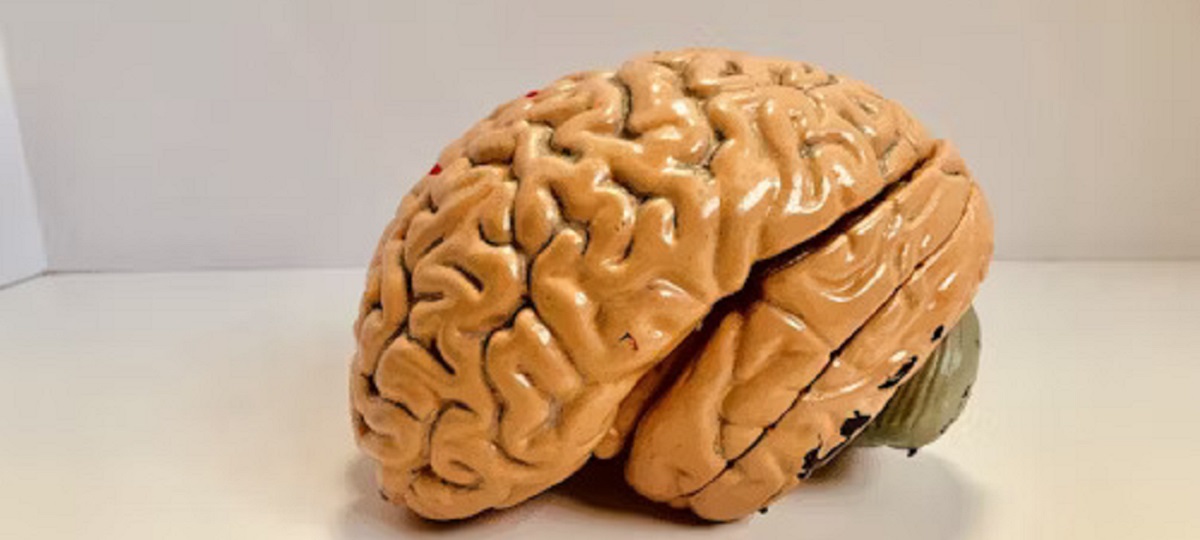The human brain is an incredibly complex organ that controls every aspect of our thoughts, feelings, and behaviors. However, like any other part of the body, it is susceptible to various disorders that can disrupt its normal functioning. Brain disorders encompass a wide range of conditions, from relatively common ailments like headaches and migraines to more serious and debilitating diseases such as Alzheimer’s, Parkinson’s, and schizophrenia. In this article, we will explore the causes, symptoms, and treatment options for some of the most prevalent brain disorders.
Alzheimer’s Disease
Alzheimer’s disease is a progressive neurodegenerative disorder that primarily affects memory and cognitive function. It is characterized by the accumulation of abnormal protein deposits in the brain, known as plaques and tangles, which interfere with the communication between nerve cells. As a result, individuals with Alzheimer’s experience a gradual decline in memory, reasoning, and language skills. Other symptoms may include confusion, disorientation, and changes in mood or behavior.
Although the precise origin of Alzheimer’s disease is unknown, a mix of lifestyle, environmental, and genetic factors are thought to be involved. While there is currently no cure for Alzheimer’s, various medications and therapies are available to help manage symptoms and improve quality of life for patients and their caregivers.
Parkinson’s Disease
Parkinson’s disease is a chronic and progressive movement disorder that primarily affects the motor system. It is characterized by the degeneration of dopamine-producing neurons in the brain, leading to symptoms such as tremors, rigidity, and bradykinesia (slowness of movement). In addition to motor symptoms, Parkinson’s can also cause non-motor symptoms such as cognitive impairment, depression, and sleep disturbances.
Parkinson’s disease may have a combination of hereditary and environmental causes, while the precise aetiology of the condition is unknown. While there is no cure for Parkinson’s, medications such as levodopa and deep brain stimulation surgery can help alleviate symptoms and improve mobility for patients.
Schizophrenia
Schizophrenia is a chronic and severe mental disorder characterized by disturbances in thinking, perception, and behavior. It is often associated with symptoms such as hallucinations, delusions, disorganized thinking, and social withdrawal. Schizophrenia typically emerges in late adolescence or early adulthood and can have a profound impact on an individual’s ability to function in daily life.
The exact cause of schizophrenia is not fully understood, but it is thought to involve a combination of genetic, neurobiological, and environmental factors. Treatment for schizophrenia usually involves a combination of antipsychotic medications, psychotherapy, and support services to help individuals manage symptoms and improve their quality of life.
Epilepsy
Epilepsy is a neurological disorder characterized by recurrent seizures, which are caused by abnormal electrical activity in the brain. Seizures can vary widely in severity and may manifest as convulsions, loss of consciousness, or unusual sensations or behaviors. Epilepsy can develop at any age and may be caused by factors such as brain injury, infection, or genetic predisposition.
Treatment for epilepsy typically involves antiepileptic medications to control seizures. In some cases, surgery may be recommended to remove or disconnect the area of the brain responsible for triggering seizures. While epilepsy cannot be cured, many individuals with the condition are able to lead normal lives with proper treatment and management.
Migraines
Migraines, a form of headache disorder, involve recurring episodes of intense head pain, often accompanied by symptoms like nausea, vomiting, and sensitivity to light and sound. These debilitating episodes can last for hours or even days, greatly affecting an individual’s daily functioning.
The exact cause of migraines is not fully understood, but it is believed to involve a combination of genetic, environmental, and neurobiological factors. Treatment for migraines typically involves a combination of medications to relieve pain and prevent future attacks, as well as lifestyle modifications to identify and avoid triggers.
In conclusion, brain disorders encompass a wide range of conditions that can have a profound impact on an individual’s health and quality of life. While the exact causes of many brain disorders remain unknown, significant progress has been made in understanding and treating these conditions. Through continued research, education, and advocacy, we can work towards improving the lives of individuals affected by brain disorders and finding new treatments and cures for these debilitating conditions.
